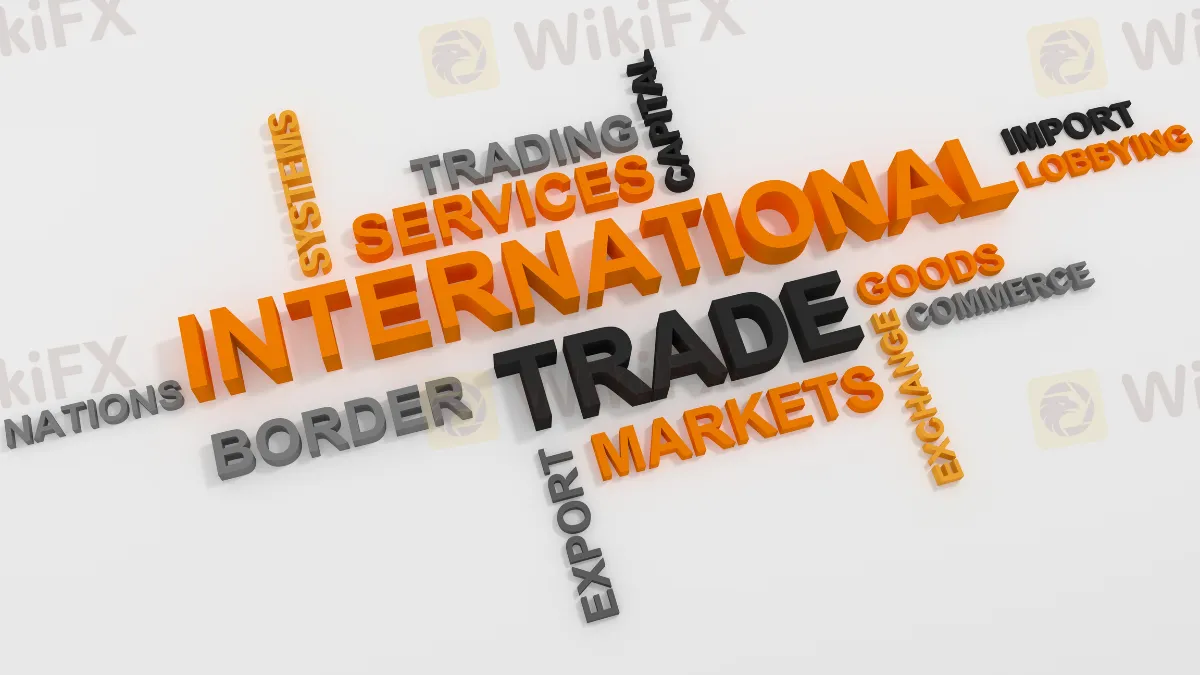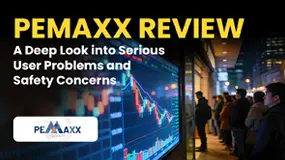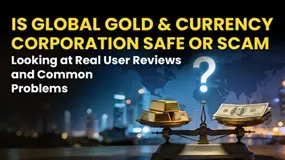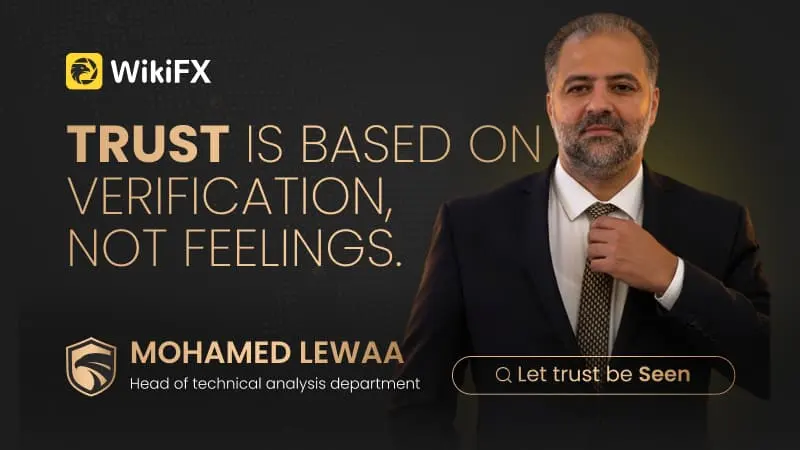Abstract:Learn the basics of forex trading and the importance of jurisdiction. Understand global regulations, cross-border trading risks, and how to navigate the forex market safely.

Introduction to Forex Trading and Jurisdiction
Forex trading, often known as foreign exchange trading, is the worldwide market buying and selling of currencies. Operating twenty-four hours a day, five days a week, this market is among the most active and liquid financial marketplaces in the globe. Forex trading's distributed character, however, also implies that depending on the jurisdiction it is subject to different rules. To negotiate this challenging terrain, traders must first grasp the function of jurisdiction in controlling forex trading.
Regulatory Systems Over Multiple Areas
Various areas have set up their own regulatory agencies to monitor activity in forex trading. To guarantee market integrity and control forex brokers in the United States, for instance, the Commodity Futures Trading Commission (CFTC) and the National Futures Association (NFA) rule. To protect traders against dishonest behavior, these regulators set strict standards on brokers including capital sufficiency, risk management, and openness.
Forex trading is essentially under control in the European Union by the European Securities and Markets Authority (ESMA). Emphasizing investor protection, market integrity, and financial stability, ESMA uses a consistent regulatory framework applied throughout member nations. Operating within the EU, brokers have to follow the Markets in Financial Instruments Directive (MiFID II), which lays out exact guidelines on disclosure, behavior, and openness.
Asia boasts its own set of regulatory agencies such as the Financial Services Agency (FSA) in Japan and the Monetary Authority of Singapore (MAS). These bodies enforce rules to guarantee equitable trade practices, safeguard investors, and preserve the general state of the financial system.
Cross-Border Forex Trading Regulations
Forex trading across borders adds even more complications. Seeking brokers in other countries allows traders to benefit from diverse regulatory rules, trading circumstances, and leverage limitations. Still, this approach presents a unique set of difficulties. Not always harmonized are cross-border rules, which could result in legal uncertainty and higher trader risks.

For example, a US trader interacting with a broker in a nation with lax regulations may find it difficult to get remedies should problems develop. Domestic regulatory authorities provide safeguards, however, they could not reach international brokers, therefore exposing traders to unethical behavior or fraud. Before starting cross-border trading, traders must so carefully investigate and grasp the regulatory environment of the broker's country.
Trade Outside Jurisdiction Risk Factors
Trading outside of one's jurisdiction carries a lot of risk. Lack of control by regulations is one of the main hazards. Brokers working in countries with weak rules may not follow the same norms of behavior and openness as those in more tightly regulated areas. This raises the possibility of running across dishonest brokers who may either vanish with customer money, control pricing, or even participate in illegal trading.
The possible difficulty in settling conflicts adds even another danger. Pursuing legal action may be complicated and expensive if a trader has problems with a broker situated in another country. Countries have very different legal systems and enforcement systems, hence merchants may have trouble negotiating these variations.
Moreover, dealers could potentially run against problems with different tax rules and reporting standards. Using a foreign broker could complicate tax filing and cause possible legal problems and financial fines. Traders have to be aware of their tax responsibilities and, if needed, consult professionals.
Conclusion
Forex trading is greatly regulated by the rule of jurisdiction; every area sets its own set of guidelines and criteria to safeguard traders and preserve market integrity. Cross-border trading presents extra dangers that traders have to carefully evaluate even if it might provide prospects. Understanding the regulatory environment and the possible hazards of trading outside their jurisdiction helps traders make wise judgments and reduce the risks connected with FX trading. Successful navigation of the challenging world of forex trading ultimately depends on being educated and alert.
Access the regulatory bodies along with the their regulated forex brokers.











